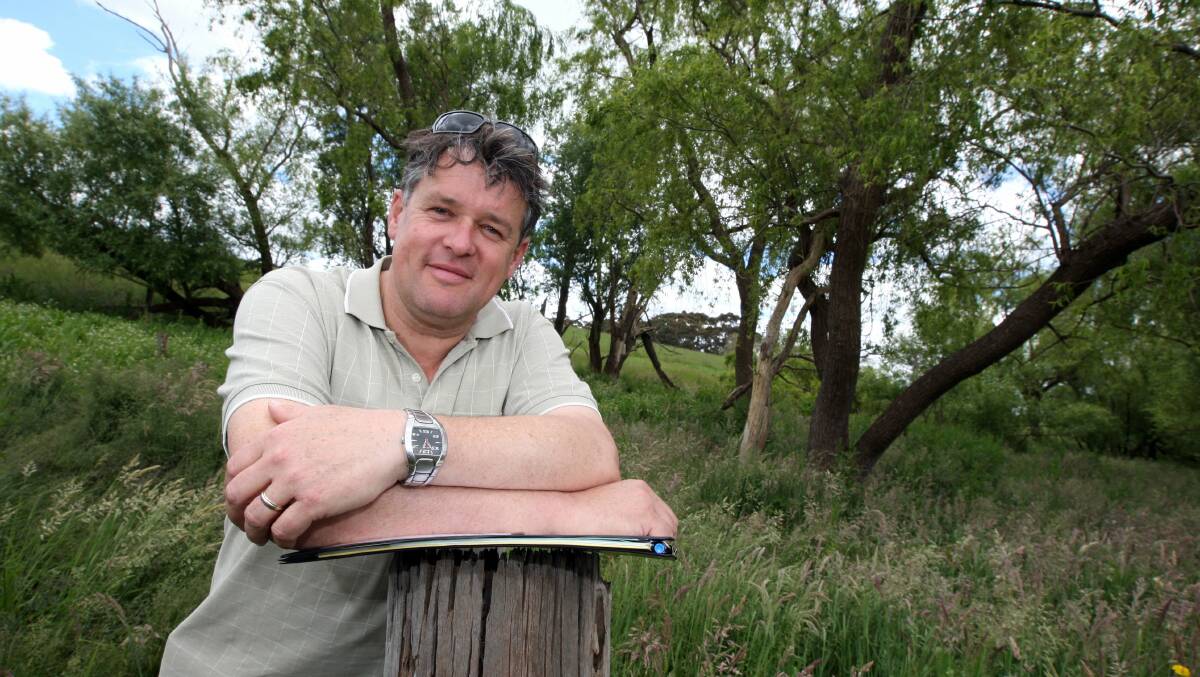
South-west farmers will learn how to reduce their farm’s greenhouse emissions, improve their animals’ health and their farm’s value at a south-west “exemplar” farm to be developed by the Heytesbury District Landcare Network.
Subscribe now for unlimited access.
or signup to continue reading
The network has received $146,582 to deliver a “Keeping Carbon on the Farm” pilot project of activities such as revegetation, composting, the use of carbon-rich biochar as a soil supplement and energy audits.
Heytesbury District Landcare coordinator Geoff Rollinson said the project would set up the activities on a south-west dairy farm to encourage farmers to implement similar activities on their farms.
Mr Rollinson said the project will also involve an energy audit on the exemplar property that might propose initiatives such as solar panels or wind turbines to reduce its greenhouse emissions.
The two-year project will be done in conjunction with several partners including Deakin University, Triple R Biochar, Corangamite Shire, Corangamite Catchment Management Authority, Camperdown Compost Company and Power for Farmers.
Mr Rollinson said the network would invite expressions of interest from farmers willing to allow their property to be developed as the exemplar farm.
He said the dairy industry accounted for 10 per cent of agriculture’s greenhouse gas emissions and it was important to try to reduce them. Cows produced methane gas, which was 25 times more harmful than carbon dioxide in increasing the impact of greenhouse gas emissions, Mr Rollinson said.
The project aims to help reduce rising greenhouse gas emissions that have been linked to global warming.
The Heytesbury District Landcare Network was one of a number of regional organisations to share in more than $1.5 million of state government funding to support innovative solutions to climate change.
Another regional recipient was the Nature Glenelg Trust that got $300,000 to establish a community demonstration site for sustainable floodplain restoration and management through reversing artificial drainage.
Department of Environment Land Water and Planning (DELWP) Barwon South West regional director Christine Ferguson said the number of applications received for the grants program from the Barwon South West region highlighted the depth of knowledge and enthusiasm within the region to identify solutions to climate change.
“The Virtual Centre for Climate Change Innovation (VCCCI) will continue to work with recipients to facilitate knowledge sharing to help projects be fully realised,” she said.














